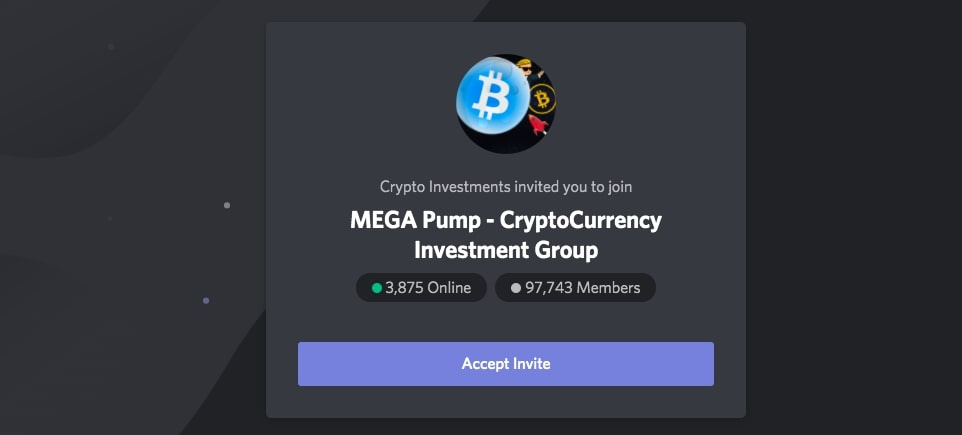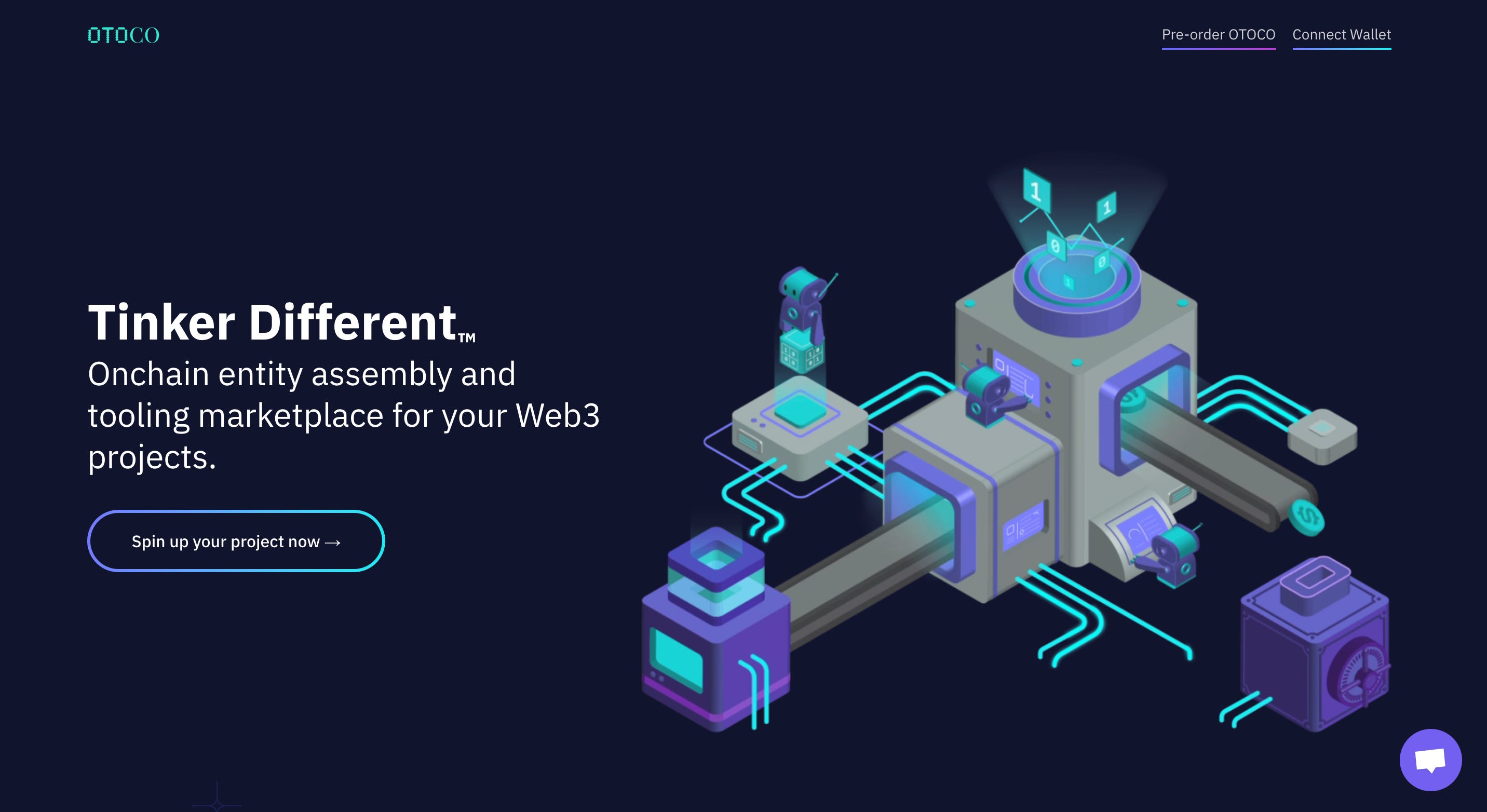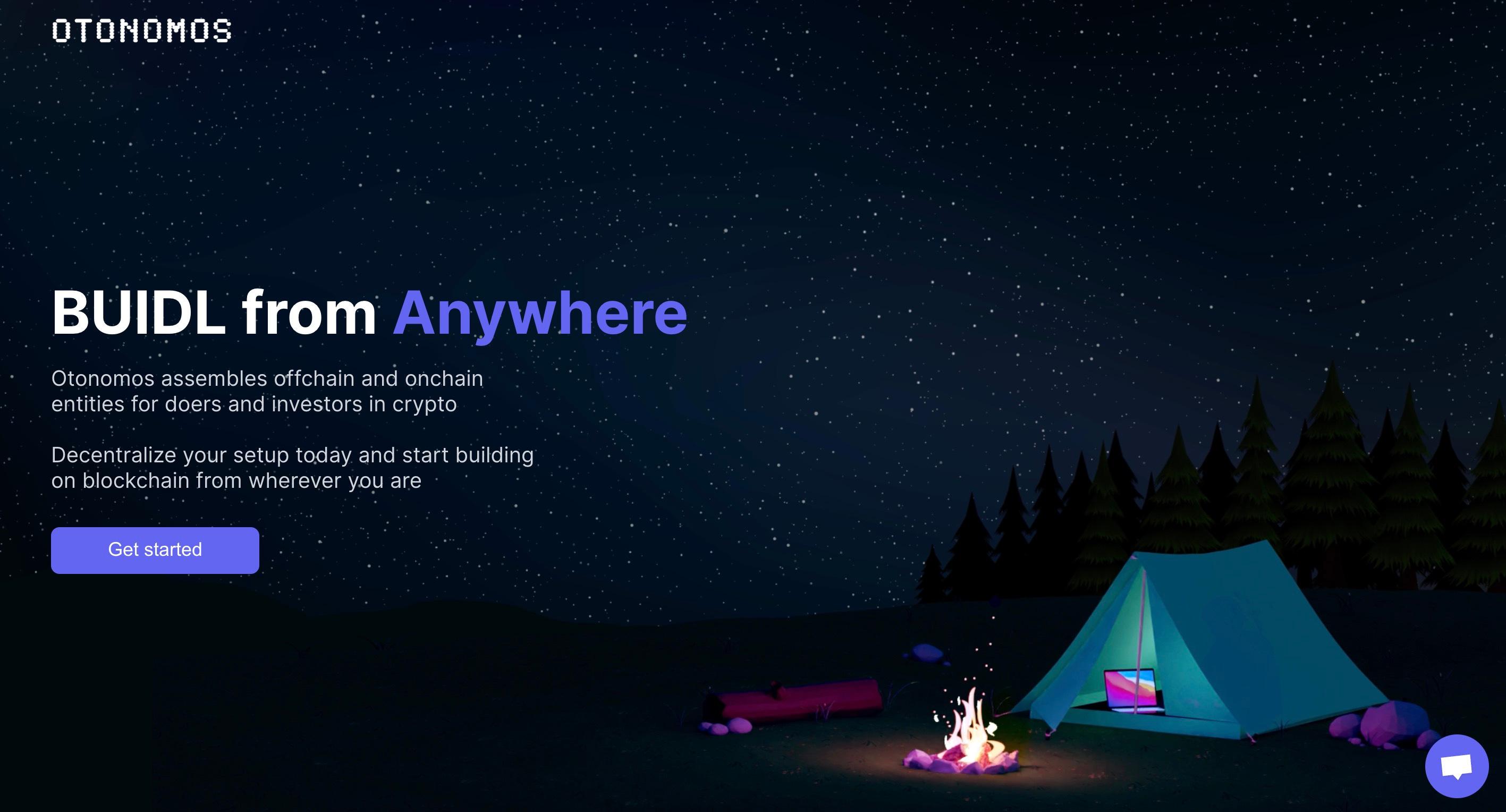
Investment clubs are even older than the people in the first picture above.
They are formed when a group of people pool their money together, discuss investment ideas over a beer and invest in a range of investments for the shared benefit of all members.
There’s typically some self-important Chairperson, a Treasurer and a Secretary tasked with recording the Minutes.
DIP in
Online forums and chat groups have largely replaced local club gatherings that discuss new ideas over a beer.
In crypto, these discussions take place in Discord and Telegram invite-only channels.
Now, tools are emerging that let users spin up an investment club as a smart contract.
Such decentralized investment pools (we call them “DIPs”) let investors easily contribute and deploy capital, and automatically manage the distribution of the proceeds upon sale of the underlying investments.
The idea is that you send crypto to a dedicated wallet, issue tokens to mirror contributors’ percentage stake in the overall pool, and use Web3 voting to coordinate what to invest in.
This is intellectually attractive (if you believe in the wisdom of the crowd) and technically relatively easy to implement, however innovation in this space quickly bumps into the hard constraints of securities laws.
Funds vs Clubs
These laws essentially divide the universe in two.
If you manage money on behalf of other people, you’re running an investment fund. This means you will need a proper fund setup and will likely need a license as an investment manager.
Everything else (who you can sell to, what legal stack you need, what you can invest in, whether you can charge fees and how) will ripple from there.
Investment funds have become the predominant way of pooling capital over the last decades, whether as hedge funds or Venture Capital/Private Equity funds, and have arguably come to epitomize the power of centralized capital.
If you’re not managing money on behalf of other people but still want to pool people’s money, you’re essentially an investment club as long as members communally decide what to invest in.
This communal approach to investing has obvious ideological appeal to the community but an investment club can still fall under SEC regulations unless:
- club membership is capped at 99 individual members
- it doesn’t publicly invite members to the club
- all members actively participate in investment decisions
- the club doesn’t publicly solicit investments
- the club doesn’t publicly offer its shares and members are prohibited from transferring their shares
- if a club wants to invest in startup equity, its members must be accredited and it will need to wrap itself in a legal entity
- there can’t be any performance fees (also known as “carry”)
Let’s look at each of the above a bit closer and ask ourselves if they could stand in the way of a Web3 solution to investment clubs from scaling.
If spinning up a Web3 club only costs the gas fees (if any), then there can be a DIP per deal. This may be more attractive than looking to raise a larger pool to invest across various investments.
In this light, the 99 investor limitation is probably not going to be a hindrance to raising adequate funds (even though bigger rounds say above US$10MM would mean every member invests at leasts US$101,010 on average).
Not being allowed to publicly canvass membership should also not affect an investment club. Traditional funds too have limits who they can approach, and as long as the club doesn’t invest in equity, its members would not have to be accredited.
Social media channels such as invite-only Telegram groups or Discord servers could be used to manage membership, as long as they are not considered public channels.
Inviting new members to such channels would probably not be seen as public solicitation (but there is quite some nuance here).
Guaranteed voice vs. active participation
Achieving active participation in all investment decisions is a lot easier when using onchain voting compared to an analog club.
However, getting people to participate is hard, with DeFi participation rates remaining stubbornly low.
To make sure decisions are taken communally, any club would have to have clear rules around quora and majority thresholds to avoid falling foul of SEC regs.
What helps in this respect is that blockchain technology provides a provable and tamper-proof record that voting took place.
Further restrictions around clubs not offering their shares for public listing and locks on members’ shares transfers can easily be hardcoded and pegged to the legals underpinning the rules of the club.
Members of a Club who want to invest in start-up equity will need to go through an accreditation process, but this is no different from when they invest in a fund.
Such club could then quickly wrap itself in an LLC (e.g. using OtoCo’s onchain Series LLC in Delaware - see below), which is easy and cheap to spin up.
All that would be required to make this work is the adoption of a special Operating Agreement for the Series LLC. We will be looking at such example agreement further down in this post.
No carry
The very last restriction on clubs which prohibits them from using performance fees may however be a limiting factor for Web3 clubs to scale.
There is the old argument how a club can identify best-in-class investments if there’s no lead investor who is incentivized (via a carry) to scout for investments and who makes an outsized profit from nurturing a portfolio company towards a successful exit.
VCs do this for a living and therefore have an incentive to bring so much more than just money: coaching, connections, talent, insights, comparables, marketing, legal, mentoring, etc. to help their investments to succeed.
It remains to be seen if this lead role can be replaced by actionable advice from other club members chatting in a Discord server.
No doubt DIPs will have informal leads who propose investments and some voices will naturally carry more weight, however for a DIP to remain a SEC reg-exempted club, nobody can take performance fees.
It is this carry that has lead to the enormous scale of centralized capital, with trillions of dollars of investments chaperoned under very carefully calibrated incentive mechanisms for Managing Partners, of which the carry is the biggest carrot.
Can an investment club scale in the absence of such carry? No analog club has but Web3 combined with chat groups may be the enabling technology we’ve been waiting for.
Ad hoc capital
The bigger question is if there’s a need for DIPs to scale in the same way by growing the assets in a single pool the way traditional funds do.
DIPs arguably work best for ad hoc capital from a small community of followers, friend and fans who look to back a single project, invest in an NFT drop, or take a syndicated equity stake in a single portfolio company.
Such ad hoc investment pool does not have to be governed by unanimity for it to remain a club, as long as the possibility to participate in voting is guaranteed.
Neither does such ad hoc pool have to peg itself to a legal structure: as long as the pool doesn’t invest in equity or security tokens, it can operate as a DAO.
Let’s have a closer look at such club’s rules. For this purpose, we have adopted legal templates shared across the community for the purposes of setting up an ad hoc investment club as a DAO pegged to a Series LLC in Delaware that allows it to (also) invest in equity and securities.
You can access the example Operating Agreement of such Decentralized Investment Pool Series LLC here.
DISCLAIMER: The templates are shared on an as is basis and and are only a starting point: please involve your own legal and tax advisors to make them suitable for your individual use case.
Please note that these documents would also need further adaptation for use by a Series LLC which is created onchain using OtoCo’s onchain company assembler and for which there is no filing of a Certificate of Formation.
The example documents reflect a close coupling between a Designated Smart Contract1 deployed on a Designed Blockchain Network (e.g. Ethereum’s execution layer or consensus layer) and the legal layer which articulates the rights and obligations of contributors as Members of an analog LLC who join in a club-type setup.
In what follows, all capitalized words can be found in the template’s Definitions in Article 1.
- The Designated Smart Contract is the DAO that receives contributions from the club’s Members, and issues mirror tokens in return that reflect their percentage Interest in the LLC. It will also distribute profits (if any) from the club’s wallet to the same wallet Members used to send their Contributions from.
- This Member Interest represented by the mirror tokens is essentially mapped to the fractional ownership Members hold in the company’s assets. In contrast with a C-Corp in which Stockholders hold a given number of Stock, in an LLC this ownership Interest is expressed as a percentage: the numerator is the Member's Capital Contribution at a given time and the denominator is the sum of all Capital Contributions of all Members at that time. As a result the combined Interests of all Members of an LLC shall at all times equal 100%. By virtue of using smart contracts, this calculation is performed continually, making an LLCs captable a genuine “mirror table”.
- Being a Member comes with rights and obligations: An Interest in an LLC represents the right to all benefits (including allocations of Net Income and Net Losses and the receipt of Distributions) together with all obligations of that Member to comply with the terms and provisions of the LLC’s Operating Agreement (the club rules).
- Finally, newly invited Members can join an existing LLC using a fairly standard Subscription Agreement which they would need to execute before they can send their contributions to the DIP’s smart contract.
Whilst the legals may seem daunting, they do offer Members the type of protections they would expect to see in an analog setup and which DAOs without a legal peg currently have difficulties guaranteeing.
In this respect, even if the DIP does not dip (pun intended) into equity or securities investments generally, there are advantages of having your club wrapped in a legal entity vs. operating as a regimeless DAO.
Further protections come from:
- An Administrative Member chosen amongst the Members who can also be dismissed by (a defined majority of) them. It is somebody who steps up to the plate to deal with i.a. payment of expenses and perform other duties set forth in the Operating Agreement. In a Web3 context, a multi-sig e.g between an appointed Admin and Treasurer would go a long way to make sure funds are not misappropriated.
- An Arbitration Location: This allows Members to choose a location where they would like to have disputes resolved. Pure DAOs, since they have no legal persona, may have difficulties in determining conflict resolution forums.
- Clear rules as to how Profits and Losses are calculated and what expenses can be taken out of the LLCs assets.
- Governance clauses which allow Members to set the majorities required for decisions related to all aspects of the club (see Article V).
- Finally, there are specific clauses that deal with what happens if something goes wrong at the technology layer, called Material Adverse Exception Events (see Definitions in Article I).
Conclusion: It’s Happening
Community-lead investing is destined to complement and eventually replace centralized capital.
Decentralized Investment Pools are happening: MetaCartel, The LAO, Syndicate, etc. all tinker with the same use case and it is fair to say that all struggle with the regulatory straightjacket strapped on by existing securities laws.
Clubs are attractive and arguably most powerful when a club is spun up for each deal rather than a broad syndicate that makes investments across a number of assets.
Web3 makes it possible and cheap to dedicate a wallet to such ad hoc deals and pool together capital to invest in them.
Our own technology can complete this setup by instantly spinning up the legal wrappers for such ad hoc deals. As seen above, in some instances such wrapper is required (when the ad hoc deal invests in equity) but we believe that a limited liability shield is desirable in most instances.
With OtoCo, it is easy for every ad hoc DIP to wrap itself in an onchain Delaware Series LLC which would then own the assets of the pool via a wallet in its name.
Using an Operating Agreement along the lines of the one shared above, club rules would be clearly articulated, Member rights protected and potential regulatory reprisals kept at bay.
We are currently working with a number of clients who want to finesse this setup for their own purpose. More work is required e.g. on the role of the Admin and whether this may need the issuance of a separate token, however we expect to be able to share our results soon.
Meantime, reach out via our Telegram group or chat with us from our OtoCo site if you want to discuss how to refurbish your unchain LLC as Decentralized Investment Club.
There are a number of initiatives including recently launched syndicate.io that are authoring (but not always on an open source basis) smart contracts for users to deploy and manage a Web3 investment club, however they outsource the setup of legal wrappers. ↩




